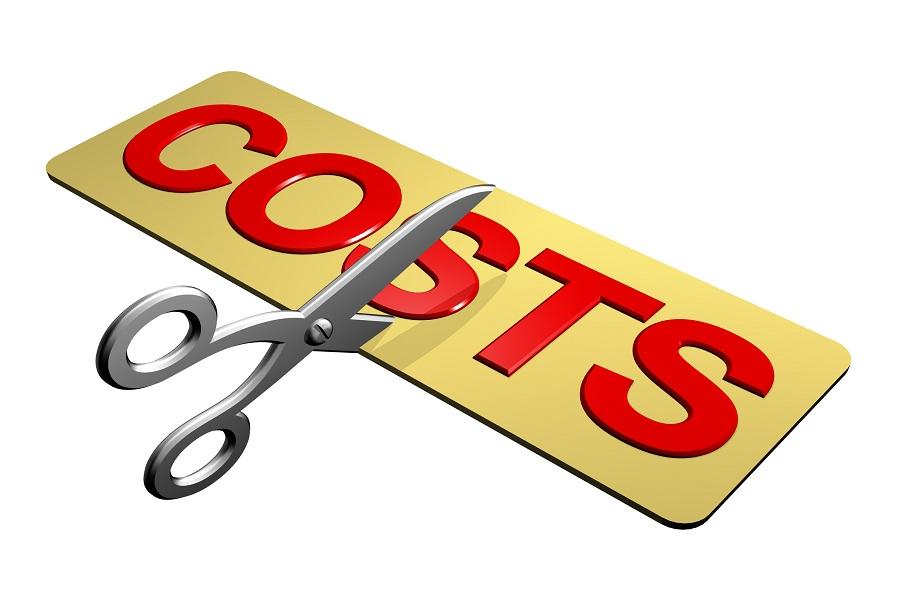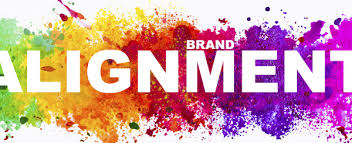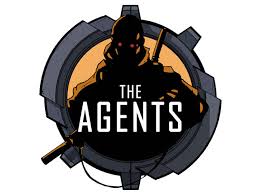In 1994, Beverly Hills Teddy Bear was an under-the-radar plush-toy manufacturer in Los Angeles. Then, the following year Babe, porcine star of the eponymous film released bringing home the proverbial bacon.
David Socha, the company’s co-founder and CEO, who had earlier worked for a licensing firm knew that a Babe plush toy could generate huge sales.
The three-year license he secured with Universal Studios allowed his company to make a character correct piggie and to use the movie’s logo on the product’s hang tag. The CEO’s instincts were on the money.
Retailers pounced. “Getting that license put us on the industry map instantly and in a big way,” he said. Beverly Hills Teddy Bear sold 500,000 Babes in 40 countries that first year about $2 million worth.
Not a bad ROI on royalty payments of $200,000. Not surprisingly, the company became a licensee avidly pursued by licensers.
Today, more than 60 per cent of its more than 500 products sold globally are license-driven. In early 2017, it launched a line of mermaid-buddy plush toys, the result of a licensing agreement with Enchantails known for its mermaid-shaped slumber bags for young girls. “A license that’s a natural fit with your product can be a fast track to growth,” says Socha. “When sales skyrocket, associated expenses are worth every penny.”
So, keep the following in mind if you want to start licensing.
Cost

Surprise is often the reaction from first-time licensees when they see the fees, says Jack Morrow, president of Out of the Box, an agency in Los Angeles that represents both licensees and IP owners.
Royalties typically range from 4 to 14 per cent for every license-emblazoned item you sell and a minimum annual royalty payment, part of which is due upon signing, must be guaranteed. In other words, you’d better be confident you’ve got customers lined up.
Brand alignment

Just because you’ve licensed a popular image or logo and slapped it onto a hat, consumers won’t necessarily play along. “There’s a good chance they might consider the pairing mismatched and irrelevant,” avers David A. Owens, professor of management and innovation at Vanderbilt University. The most important question you should ask is whether the license makes sense for your brand or service.
A license as a brand

Sometimes, the licensed item pretty much is the brand. Dee and Mark Wanger are co- founders and co-owners of Ridekick International, in Fort Collins, Colorado which makes a power trailer that adds a 20 mph boost to bicycles and adult trikes.
Ridekick is the exclusive licensee, paying a royalty to the inventor who didn’t want to create a business himself. “This licensing opportunity was the conduit that helped us launch our own company,” says Mark Wanger.
Ajmal “AJ” Saleem, owner and director of Suprex Learning, in Houston, licenses of online practice-testing software called Test Innovators. “The license gives us an edge,” he says. “The technology assesses academic weaknesses very quickly and allows parents to chart progress, so it’s well worth the cost.”
Compromise
While you might really want to license a song by Beyoncé, you may need to be more realistic in your approach. Can some less costly music work as well? “Entrepreneurs need to accept that more affordable intellectual property can still fulfill their business goals,” says Marsha G. Ajhar, an intellectual property attorney at Smith, Gambrell & Russell, in New York City. “In fact, if venture capitalists see you’ve budgeted an unrealistically large sum on a licensing deal, they might consider you too great a risk to fund.”
How to use intellectual property
Do it yourself
The main purpose of an agreement to license intellectual property is to give entrepreneur-licensees permission to do what they want and need with that property. The risk is that if you’re not knowledgeable enough to build appropriate permissions–related to duration and parameters of use, for example–you’re asking for trouble, says Marc P. Misthal, an attorney and shareholder at Gottlieb, Rackman & Reisman, an IP law firm in New York City. “If you license a photograph to use on your website and brochure, you cannot legally use it on a promotional backpack,” he says, noting that such usage assumptions among licensing neophytes are typical. “You can’t forge a good deal unless you know what you want.”
Agents

A licensing agent, entrusted by IP owners to make deals, is one conduit to help your licensing quest. “These agents know what it takes to secure an agreement, and they’ll want to see a proposal from the potential licensee to evaluate,” says Misthal, adding that redos are not uncommon. Clients of Jack Morrow’s Out of the Box pay both a monthly retainer for his expertise in identifying–and pursuing–suitable licenses and a commission on royalties for licenses secured. The ROI is that good licensing agents are more attuned to matters that affect newbie licensees, such as: Would you even be deemed a suitable candidate by the license holder?
IP attorneys

Because of the specificity of IP law, Misthal advises budget-minded, license-seeking entrepreneurs to negotiate and work out the bulk of a deal with licensers and agents. “When you’re nearly ready to sign the license agreement, hire an intellectual property attorney to review the agreement and tell you what needs to be added and omitted,” he says. IP lawyers ensure contracts spell out who’s responsible for what, and address topics such as exclusivity, disputes, and even jurisdiction and venue in case of a lawsuit. Once you know the issues that need to be fixed, you can again hire the IP attorney to revise the contract. But many businesses don’t realize they need a written agreement. One company hired Misthal’s firm after it had used, without a licensing deal, a photograph lifted from a website, and the agency representing the photographer sent a bill. “Entrepreneurs like using stuff for free, and licensors are onto them,” says Misthal.



